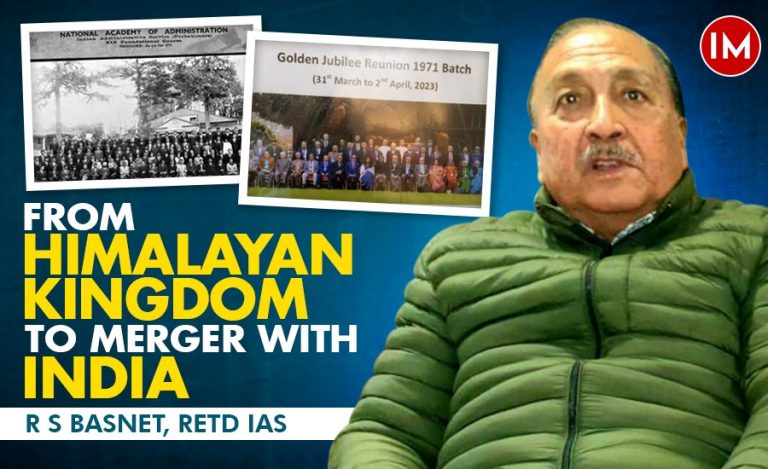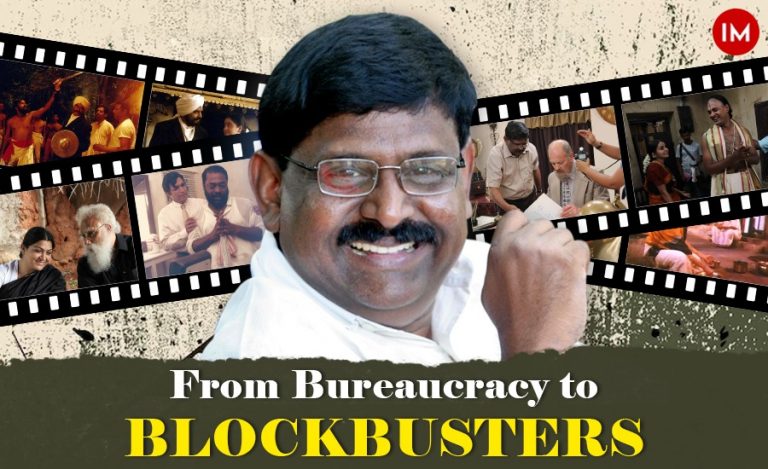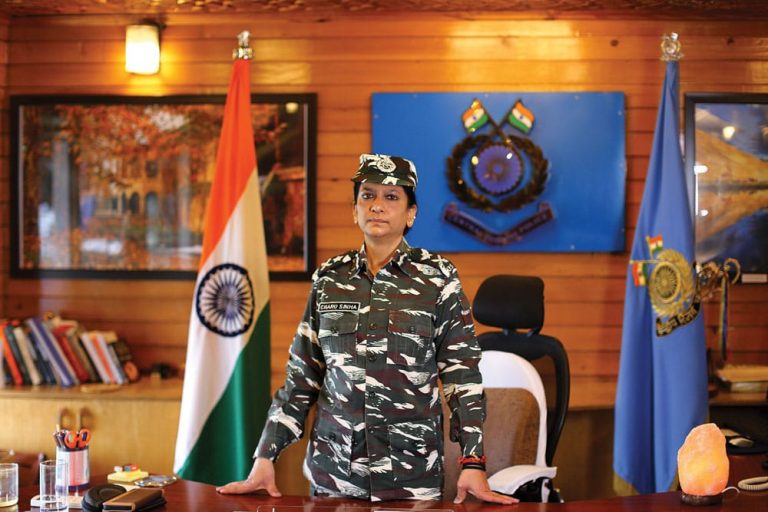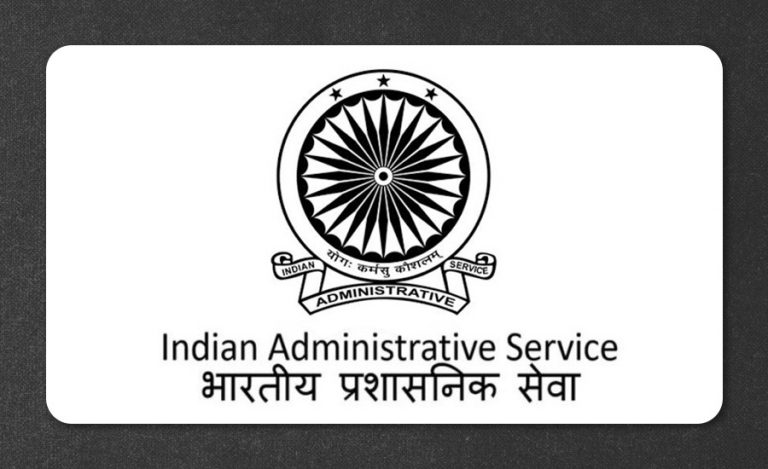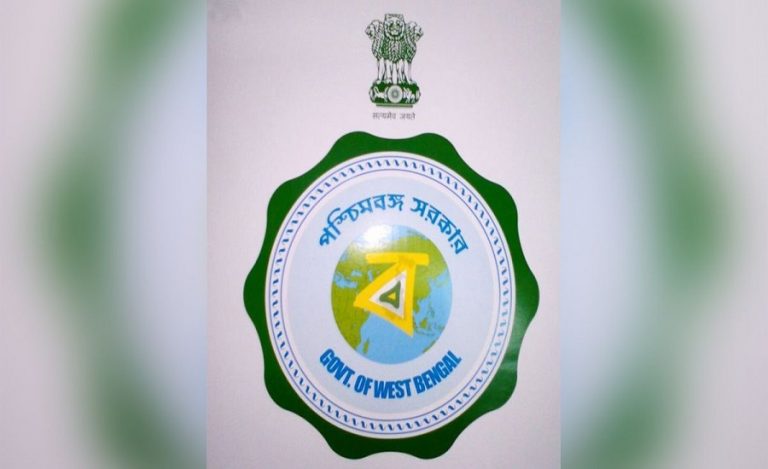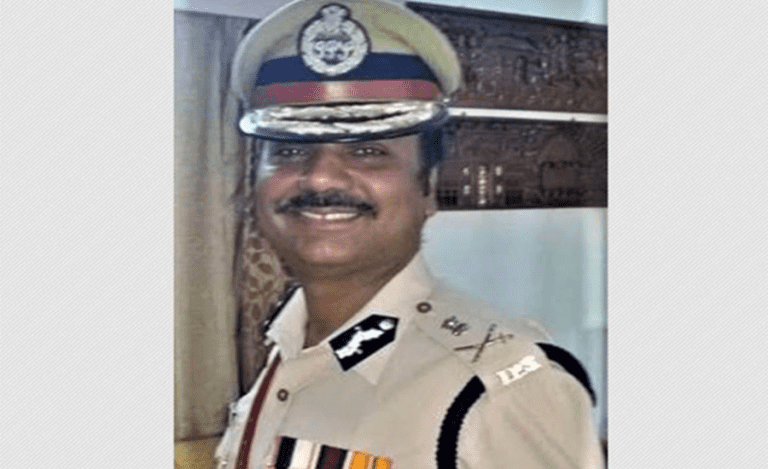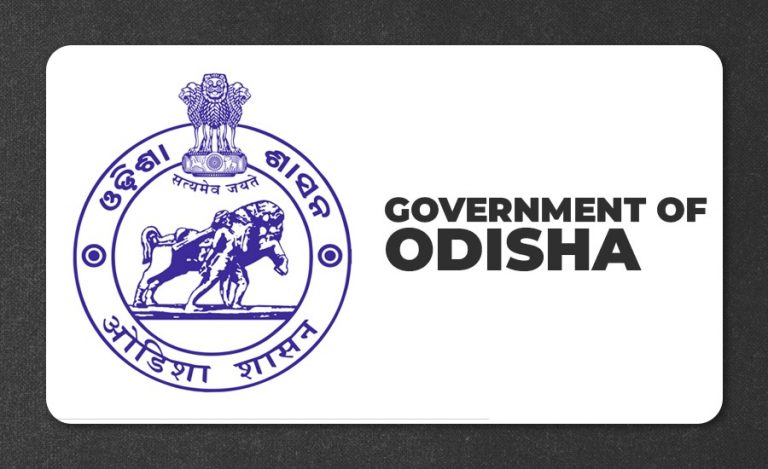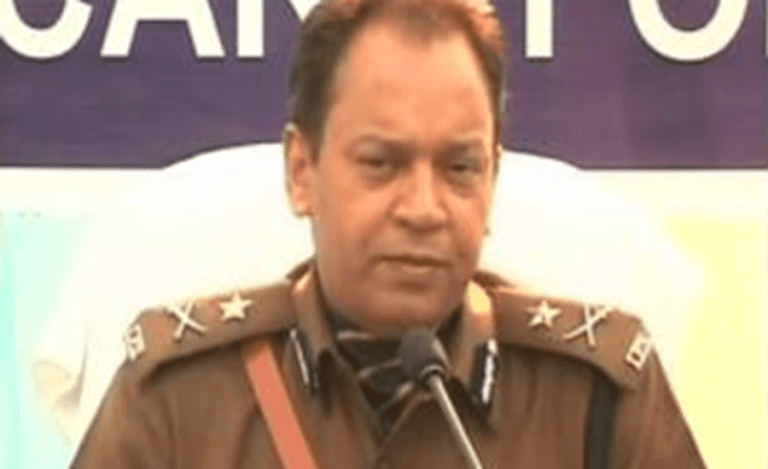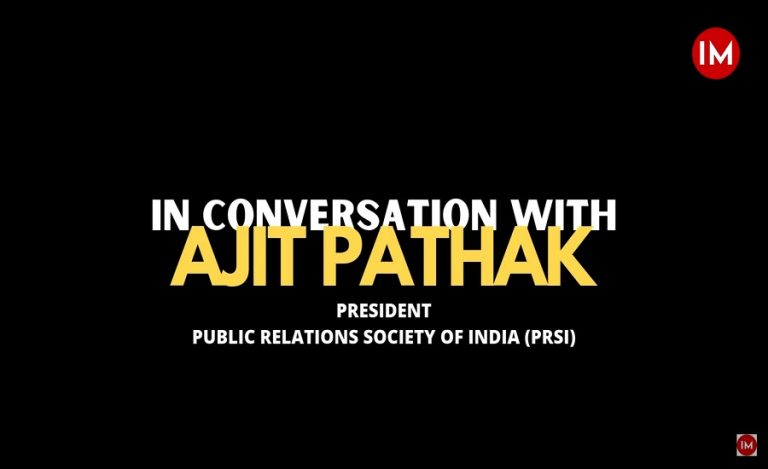We are about to usher in 2023 and women are still fighting for equal rights and opportunities. But just think about the situation 3-4 decades ago especially in the field like IPS which was traditionally known as a men bastion. Then there comes Kiran Bedi breaking all the stereotypes to become the First lady IPS officer of the country. Following her footsteps many more women joined the IPS and their journey too was not at all easy. Ms. Manjari Jaruhar happens to be one of the first five woman IPS officers in the country and the First in Bihar. Recently, her book titled ‘Madam Sir: The story of Bihar’s first woman IPS’ officer has been released.

During an exclusive conversation with Indian Masterminds, Ms. Jaruhar shared her experiences and how she carved out a path for herself.
FELT LEFT OUT
An IPS of 1976 batch Ms. Jaruhar after completing her training in the Sardar Vallabhbhai Patel National Police Academy (SVPNPA),she came to Bihar to finish her district training. On completing her district training he was posted in CID where she was assigned a desk job. Her work profile majorly included analyzing reports of ongoing investigations in the districts.
Recalling those days she says, “When I was selected as an IPS officer, I was thrilled. I did the full training but unlike my fellow officers, I was put to a desk job. It was really heartbreaking and difficult for me. I wondered why they are doing this to me. I did the same training as the men because there is no relaxation in the academy because of gender. Still, they felt I was not suitable for a field job.”
When asked about how did her family react to her selection in IPS, she says they were apprehensive. “I was determined to go. However, my father thought it will be difficult for me and was against my decision of joining the police. Şome people convinced him using the example of Kiran Bedi. He allowed me go after that”, she added.
TOOK MONTHS TO GET A SUB-DIVISION POSTING
Ms. Jaruhar was just cooling her heels in the CID going through one file after another for nearly eight months. She says, “I felt dejected and disappointed. Those initial years were very frustrating. While others of my batch were handling sub-divisions, I was sitting at a desk. I tried to get posted in a sub-division but it didn’t seem possible. It was much easier to qualify as an IPS officer rather than getting accepted by your peers. And, it was all because of my gender. All of them were seeing a lady IPS officer for the first time and were very skeptical.”

It was 1980 when the DGP changed. Luckily, one of the daughters of the DGP was Ms. Jaruhar’s classmate in school. She met him and requested him. She was soon posted as ASP, Danapur. She did her best in not only handling law & order but also successfully investigated many crimes for which she received letters of appreciation from her seniors. When asked what if the DGP hadn’t changed what would have happened to her she replied, “I would have been promoted as SP as was the norm in those years. They would not have given me a district posting saying I lacked field experience. There was a sense of déjà vu when I was posted as SP in the CID after doing an excellent job as ASP, Danapur. They again thought may be I was not competent enough to handle a district charge.”
QUESTION WAS HOW SHE WILL DO IT
Ms. Jaruhar emphasized that her sub-ordinates have never been disrespectful towards her. They accepted her more easily than her seniors. “The question with the seniors was whether I can handle a police job. Sometimes they were extra protective about handling tough situations which I never approved off. I learnt this lesson from my own experience and I made sure that all the young lady officers posted under me did all their training and were not handicapped in any way”, she added
She also emphasized that it may sound fascinating but being the first woman in any field is not easy. One has to carve her own way and there are no role models to follow.
All this ended when she finally got the charge of a district in 1983 as SP, Bokaro. Then there was no stopping her from getting even more challenging jobs.
(In the second part please read about her achievements in the field and opinions about the current situation of women police officers in the country)


